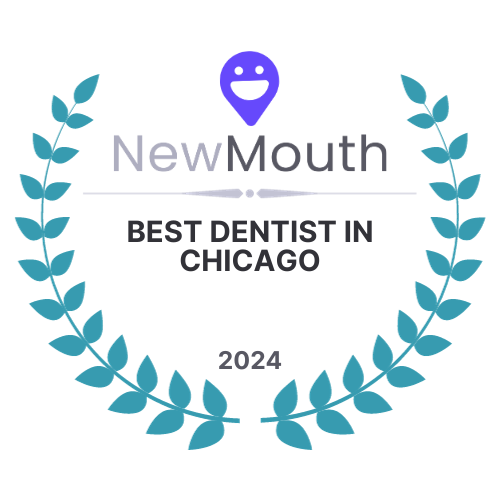Teething: the What’s, When’s, Do’s and Don’ts
The Anatomy of a Tooth My Baby’s Teeth Have Finally Arrived – Now What?
They go by many names - baby, milk, primary, deciduous - but any way you slice it, the process by which your baby gets their first teeth can be a tedious one! Teething can begin as early as 3 months and as late as 15, though most commonly you see the first teeth at around 6 months. This first round of teeth can take up to 3 years to fully emerge. Generally, they erupt on the schedule shown on the right.
These teeth don’t just magically appear, of course - they've been developing for a while. Tooth buds form under your baby’s gums in-utero - later, when the roots of the tooth begin to grow, the crown is forced up against the gums. This pressure breaks down the surrounding gum tissue and lets the tooth through.
Common symptoms of teething include:
- excessive drooling or dribbling
- rubbing of the cheek and tugging on the ear
- irritability and increased crying
- gum swelling
- sleeplessness
- increased urge to bite and chew hard objects
We’ve come a long way in our consideration of teething: for instance, it is no longer considered a common cause of death, as it was in the early to mid 19th century when serious diseases were regularly attributed to teething. We no longer try to “treat” teething by use of bleeding, blistering, placing of leeches or cauterization. Nor do we line our babies’ gums with mercury filled powder. Ah, the good ol’ days.
For all this progress, a fussy, teething baby at 3 am can still pose quite a challenge to an exhausted parent! With that in mind, here are a few do’s and don’ts to help through the night:
Do:
- Get that baby something to chew on! There are many popular teethers on the market - look for something large, firm, and made of non-hazardous material. The pressure of chewing helps to break down the gum tissue and encourages the tooth’s emergence.
- Keep things cool - lightly freeze a damp washcloth and offer that to chew on, or offer up cold foods if your baby is already eating solids. The cold helps to numb the tissues and reduce inflammation, providing pain relief.
- Change up the bottle - your baby’s appetite might be more finicky during this time. A different shaped nipple or sippy cup may improve feeding and reduce discomfort.
- Massage the gums - gentle massaging of your baby’s gums with a clean finger or washcloth will help stimulate the tissue and alleviate some pain.
- Consider a pain reliever - this is a bit of a controversial one. There are pain relievers in the form of medicinal gels and children’s ibuprofen that can help with severe teething pain, but the general consensus is to use sparingly and never without your physician’s approval. Never use aspirin to relieve teething pain.
Don’t:
- Disregard a fever. It’s a common misconception that fevers are part and parcel of a baby’s teething experience. While a low grade fever MAY occur in some cases, anything above 101 F should be reported to your physician. This could be indicative of a more serious infection - the herpes virus, for example, is common in children that age and can present with a fever.
- Expose your baby’s gums to cold for too long. While some cold can provide relief, too much can cause damage to the gum tissue.
- Let your baby chew on anything small enough to be a choking hazard (we know you’ve got this one down already, parents, but it’s got to be said!)
- Give up hope! If you’re baby is having a rough time with those pearly whites, try some of these tips and know that at least it can’t last forever. 🙂
Find the Answers
Start your journey with Strobel Dentistry in Chicago
Parking Validation
If driving, we validate for a discounted parking rate at the following location: Interpark: 20 E. Randolph is located at the intersection of Wabash and Randolph.
We are proud to offer exceptionally experienced, compassionate, and comprehensive Chicago dental care to our patients. Contact us today or schedule an appointment online to take the first step toward your best experience and results.
